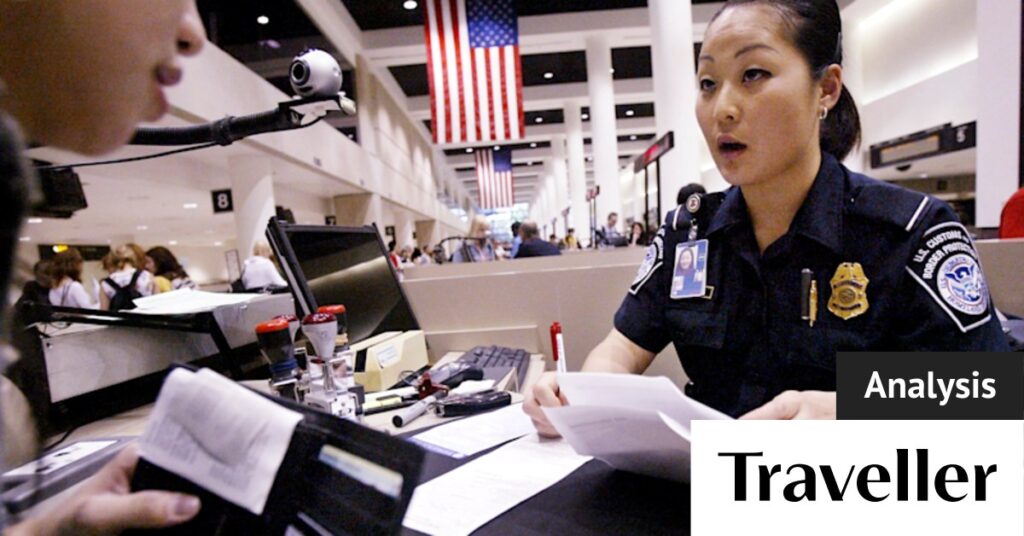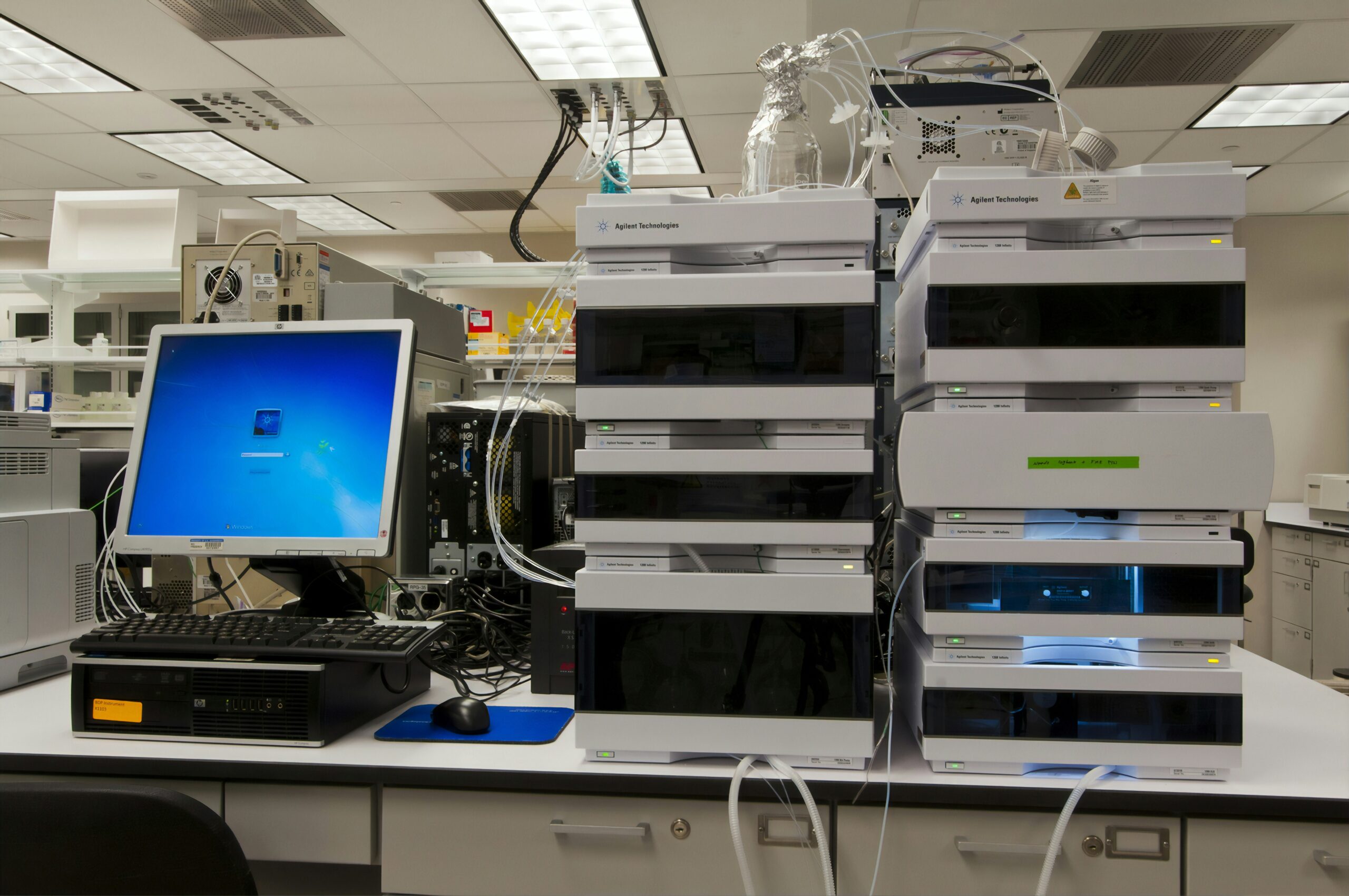
When Traveller columnist Ben Groundwater penned an article earlier this year asserting that the Trump administration would not deter him from visiting the United States, he ignited a firestorm of responses. The column garnered a record 525 comments, the majority of which opposed his viewpoint. Many readers criticized not only the idea of traveling to the US under President Trump but also Groundwater himself for suggesting such a venture.
Despite alarming stories of Australians being turned away at US borders, Australians continue to visit the US in increasing numbers. This trend is particularly striking at a time when visitor numbers to the US from several other countries are reportedly declining. According to the latest figures from the Australian Bureau of Statistics, the number of Australian residents returning from short trips to the US in May exceeded 69,000, marking an increase of over 5,000, or about 8 percent, compared to the same period last year.
Rising Numbers Amidst Global Decline
While international tourism to the US has seen a downturn, Australians are bucking the trend. The statistics reveal an upward trajectory in all key travel categories: holidaymakers increased by 12 percent, those visiting friends or relatives rose by 15 percent, and business travel saw an 8 percent uptick. This increase is noteworthy given the global context of declining visitor numbers to the US, attributed largely to political tensions and travel policies under the Trump administration.
“In May, the number of Australian residents returning from short trips to the US was a little over 69,000 – an increase of more than 5,000, or about 8 percent, on the same time last year.”
Understanding the Australian Perspective
The decision by Australians to continue visiting the US in greater numbers can be attributed to several factors. Tourism experts suggest that the enduring allure of American culture, coupled with the strong Australian dollar, makes the US an attractive destination. Moreover, the deep-rooted historical and cultural ties between the two nations foster a sense of familiarity and curiosity among Australian travelers.
According to Dr. Sarah Thompson, a tourism analyst at the University of Sydney, “Australians have always had a fascination with the US, from its iconic landmarks to its cultural exports. Despite political differences, the US remains a land of opportunity and adventure for many Australians.”
Comparisons and Historical Context
This phenomenon is not unprecedented. Historically, Australians have shown resilience in their travel patterns, often undeterred by global political climates. During the post-9/11 era, for instance, Australian travel to the US rebounded quickly, driven by similar cultural interests and economic factors.
Furthermore, the current increase in Australian visitors to the US can be seen as part of a broader trend of Australians traveling more internationally. With rising incomes and a strong currency, Australians are exploring the world more than ever before.
Implications and Future Outlook
The continued rise in Australian visitors to the US has significant implications for both countries. For the US, it represents a vital source of tourism revenue and a testament to the enduring appeal of its cultural and natural attractions. For Australia, it underscores the importance of maintaining strong diplomatic and economic ties with the US, despite any political differences.
Looking ahead, experts predict that Australian travel to the US will continue to grow, particularly as travel restrictions ease and global tourism rebounds post-pandemic. The resilience of Australian travelers suggests that, regardless of political landscapes, the allure of the US remains strong.
As Ben Groundwater’s column demonstrated, the decision to travel is personal and complex, influenced by a myriad of factors beyond politics. For many Australians, the US continues to be a land of fascination and opportunity, a sentiment likely to endure in the years to come.







